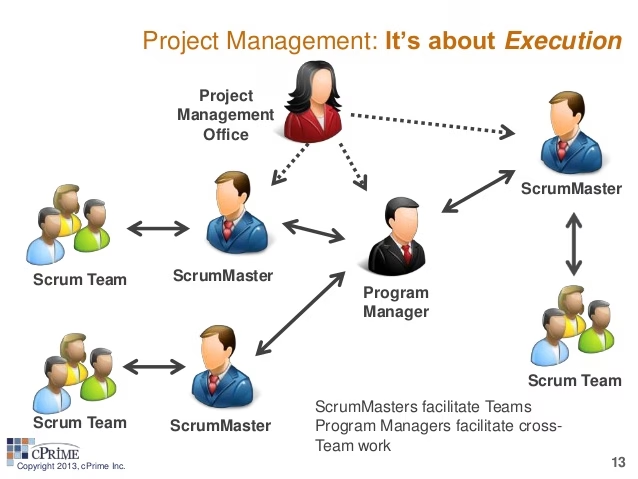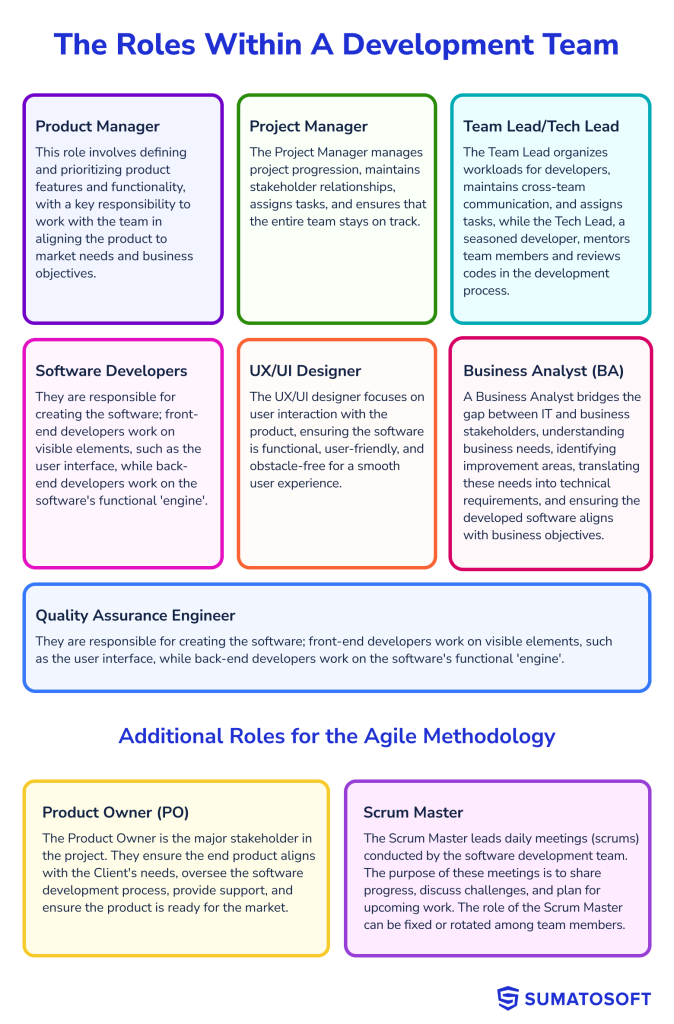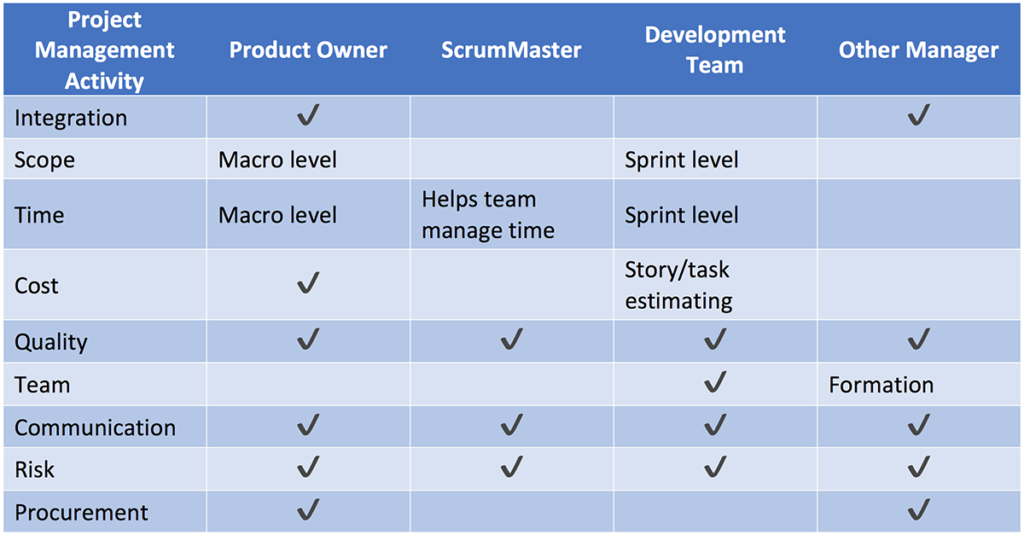Agile methodology plays a crucial role in project and team management. It helps teams work efficiently and manage projects better. This article will explain how Agile works and its benefits. Let’s get started.

Credit: www.devteam.space
What is Agile Methodology?
Agile methodology is a way to manage projects. It focuses on breaking tasks into smaller parts. Teams work on these parts in short cycles. This way, they can complete tasks quickly and make changes easily. Agile is flexible and adaptive.
Key Principles Of Agile
There are some key principles of Agile:
- Individuals and interactions over processes and tools.
- Working software over comprehensive documentation.
- Customer collaboration over contract negotiation.
- Responding to change over following a plan.

Credit: sumatosoft.com
Agile Methodology in Project Management
Agile methodology is great for managing projects. It helps teams to deliver work in small, usable pieces. This makes it easier to manage and monitor progress.
Breaking Down Tasks
In Agile, tasks are broken down into smaller parts. These small parts are called “user stories.” Each user story focuses on a specific feature or function. This makes it easier for teams to handle complex projects.
Short Cycles
Agile uses short cycles called “sprints.” Each sprint lasts about 1-4 weeks. During a sprint, the team works on a set of user stories. At the end of the sprint, the team reviews their work and plans the next sprint. This helps teams stay on track and adapt to changes.
Continuous Improvement
Agile promotes continuous improvement. After each sprint, the team has a meeting called a “retrospective.” In this meeting, they discuss what went well and what can be improved. This helps teams learn and grow.
Agile Methodology in Team Management
Agile methodology also helps in managing teams. It promotes collaboration and communication. This is important for team success.
Self-organizing Teams
Agile teams are self-organizing. This means team members decide how to complete tasks. They have the freedom to choose the best way to work. This promotes creativity and ownership.
Daily Stand-up Meetings
Agile teams have daily stand-up meetings. These meetings are short and focused. Team members share what they did yesterday, what they will do today, and any problems they face. This helps keep everyone on the same page.
Collaboration And Communication
Agile promotes collaboration and communication. Team members work closely together. They share ideas and solve problems as a team. This helps build strong team relationships.
Benefits of Agile Methodology
There are many benefits of using Agile methodology. Here are some of the key benefits:
Flexibility And Adaptability
Agile is flexible and adaptable. It allows teams to make changes easily. This is important in a fast-changing world.
Faster Delivery
Agile helps teams deliver work faster. By working in short cycles, teams can complete tasks quickly. This means customers get value sooner.
Improved Quality
Agile promotes continuous improvement. This helps teams deliver high-quality work. Regular reviews and feedback help catch problems early.
Better Collaboration
Agile promotes collaboration and communication. This helps build strong teams. Team members work together to solve problems and achieve goals.
Customer Satisfaction
Agile focuses on customer collaboration. This helps ensure that the final product meets customer needs. Happy customers are more likely to return.
Challenges of Agile Methodology
While Agile has many benefits, it also has some challenges. Here are a few challenges teams might face:
Changing Mindset
Agile requires a change in mindset. Teams must be open to new ways of working. This can be difficult for some people.
Team Dynamics
Agile relies on strong team dynamics. If team members don’t get along, it can be challenging. Teams must work on building trust and communication.
Requires Commitment
Agile requires commitment from the whole team. Everyone must be dedicated to the process. This includes attending meetings and participating in discussions.
Initial Learning Curve
There is an initial learning curve with Agile. Teams must learn new practices and principles. This can take time and effort.
Frequently Asked Questions
What Is Agile Methodology?
Agile methodology is a project management approach. It focuses on flexibility, collaboration, and customer feedback.
Why Is Agile Important In Project Management?
Agile helps teams deliver projects faster. It improves communication and adapts to changes quickly.
How Does Agile Improve Team Collaboration?
Agile promotes regular meetings. Team members discuss progress and issues, leading to better communication and teamwork.
What Are The Main Principles Of Agile?
Agile principles include customer satisfaction, embracing change, frequent delivery, and close collaboration with stakeholders.
Conclusion
Agile methodology plays a vital role in project and team management. It helps teams work more efficiently and deliver high-quality work. Agile promotes flexibility, collaboration, and continuous improvement. While there are some challenges, the benefits outweigh them. By embracing Agile, teams can achieve great success.

